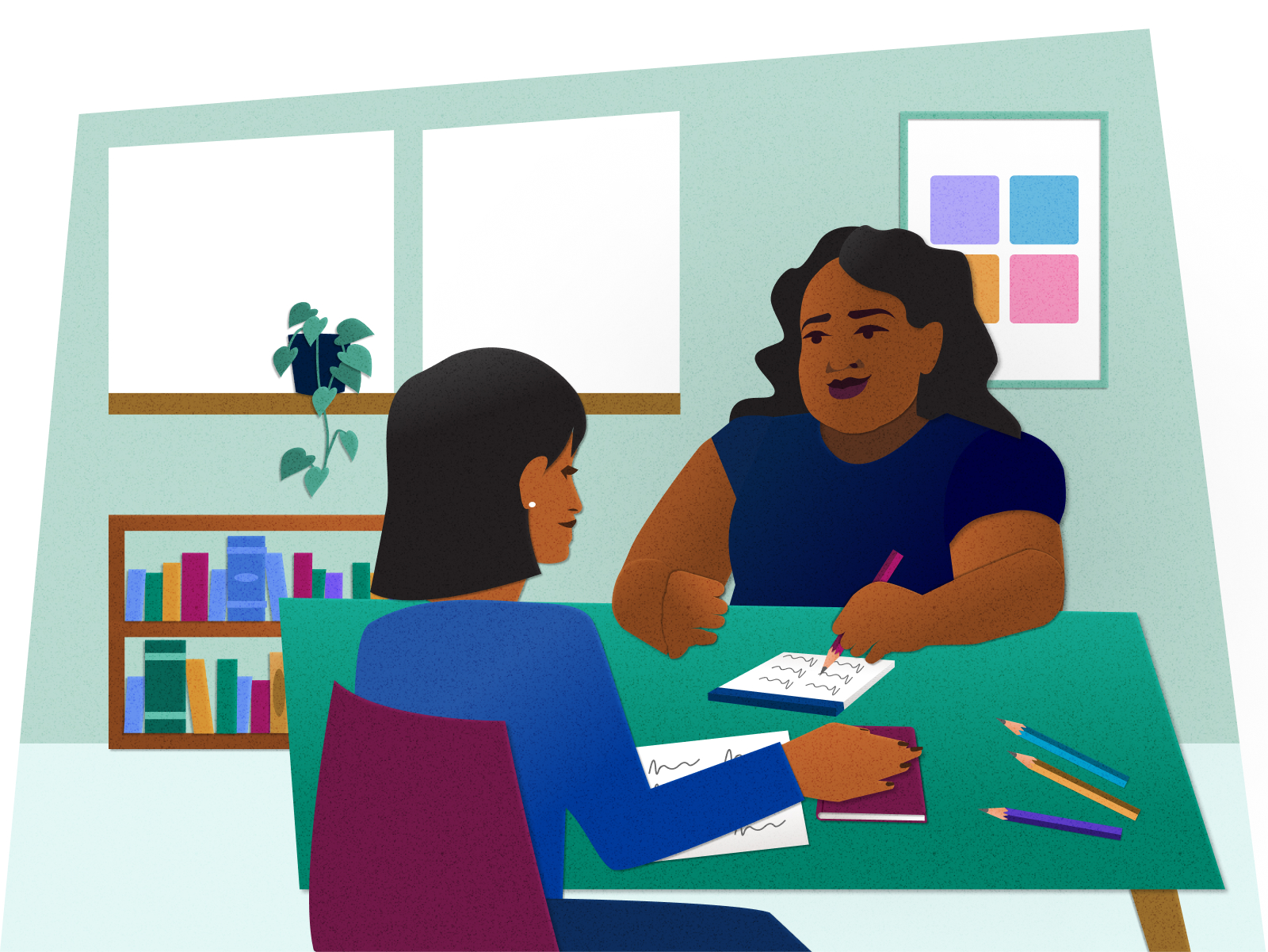
Image Source: Google
Applied Behavior Analysis (ABA) therapy is a widely recognized and effective treatment for individuals with autism spectrum disorder (ASD) and other developmental disabilities.
ABA therapists work with clients to improve social skills, communication, and behavior by using specialized techniques and strategies. If you are passionate about helping individuals reach their full potential, becoming an ABA therapist might be the right career path for you. For more guidance, you may contact The Lizard Centre.
Here is a guide on how to become an ABA therapist, including the required training and certifications.
Training Requirements
Educational Background
- Most ABA therapist positions require a minimum of a bachelor's degree in psychology, education, or a related field.
- Some employers may prefer candidates with a master's degree in ABA or a related field.
ABA Coursework
- Completing coursework in ABA is essential for aspiring ABA therapists.
- These courses cover topics such as behavioral assessment, intervention strategies, and ethical considerations in ABA therapy.
Supervised Experience
- Obtaining supervised experience in ABA therapy is crucial for developing practical skills.
- Many ABA programs require a certain number of supervised hours working with clients under the supervision of a licensed behavior analyst.
Certification Process
Registered Behavior Technician (RBT)
- The first step towards becoming a certified ABA therapist is to obtain the Registered Behavior Technician (RBT) credential.
- To become an RBT, candidates must complete a 40-hour training program, pass a competency assessment, and adhere to the RBT Ethics Code.
Board Certified Assistant Behavior Analyst (BCaBA)
- After gaining some experience as an RBT, individuals can pursue certification as a Board Certified Assistant Behavior Analyst (BCaBA).
- BCaBAs must hold a bachelor's degree, complete specific coursework in ABA, and pass the BCaBA exam.
Board Certified Behavior Analyst (BCBA)
- The highest level of certification for ABA therapists is the Board Certified Behavior Analyst (BCBA) credential.
- To become a BCBA, candidates must have a master's degree, complete a graduate-level ABA program, gain supervised experience, and pass the BCBA exam.
Professional Development
Continuing Education
- ABA therapists are required to participate in continuing education to maintain their certification.
- Continuing education ensures that therapists stay up-to-date on the latest research and best practices in the field of ABA.
Specialized Training
- Therapists can pursue specialized training in areas such as early intervention, speech therapy, or developmental disabilities to enhance their skills and knowledge.
- Specialized training can also lead to career advancement opportunities in the field of ABA therapy.
Job Outlook and Salary
Job Outlook
- The demand for ABA therapists is expected to continue growing as the prevalence of autism and other developmental disabilities increases.
- ABA therapists can work in a variety of settings, including schools, clinics, hospitals, and private practices.
Salary
- According to the Bureau of Labor Statistics, the median annual wage for behavior disorder counselors, including ABA therapists, was $44,630 in May 2020.
- Salaries can vary based on factors such as education, experience, location, and employer.